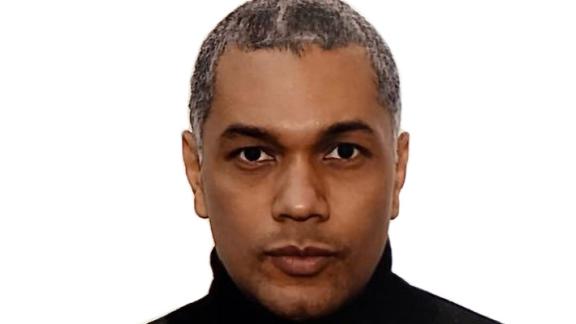Delivering inclusive leadership through actions not words

We must address the practical and psychological challenges that achieving inclusive leadership can present, because the compelling case for change is a moral one, not a business case, writes Layla McCay.
Inclusive leadership runs the risk of becoming a buzzword. Few would argue against inclusivity as a desirable quality in a leader, but at a recent NHS ConfedExpo panel discussion, it became clear that we need to explore what this really means – and what it looks like – in an NHS context.
In trying to understand a concept, it can be helpful to start with a framework. Alfredo Thompson, director for people and culture at Royal United Hospitals Bath NHS Foundation Trust, is also a guiding group member for the NHS Confederation’s Health and Care LGBTQ+ Leaders Network. He advocates use of the Gartner Inclusion Index, which provides seven dimensions by which organisations can assess their ability to foster an inclusive work environment. Fair treatment and integrating differences play an important role, including considering ideas offered by team members in decision-making, creating psychological safety for people to express their true feelings, a sense of trust and belonging, and diversity within management and the workforce. Alfredo explains more in his blog on measuring inclusive leadership impact.
Seeing beyond job titles
But to make it real, we need to move beyond frameworks to people. Samantha Allen is chief executive of North East and North Cumbria integrated care board (ICB), as well as being chair of the NHS Confederation’s Health and Care Women Leaders Network. She reflected that in her experience, being an inclusive leader hinges on the ability to see beyond job titles and bands. For a leader, that means leading as your authentic self rather than relying on your designation as ‘manager’ or ‘CEO.’
The concept of referring to someone as ‘a Band 2’ or ‘a Band 6’ may be convenient NHS shorthand, but using it to describe a person can risk devaluing what that person brings as an individual and may stifle their potential
It also means seeing and valuing every person for themselves, seeking opinions based on people’s different experience, expertise and perspectives, appreciating everything they offer, and not weighing their contributions in terms of where their role sits within a hierarchy. The concept of referring to someone as ‘a Band 2’ or ‘a Band 6’ may be convenient NHS shorthand, but using it to describe a person can risk devaluing what that person brings as an individual and may stifle their potential. A truly inclusive leader will seek to empower everyone to be the best that they can be, and in doing so, contribute to the project of leadership.
Practical and psychological challenges
Ifti Majid is chief executive of Derbyshire Healthcare NHS Foundation Trust and chair of the NHS Confederation’s BME Leadership Network. He reflected on the challenges that exist in putting good intentions into practice.
Some challenges are practical. Ifti seeks to be open to ideas and perspectives from everyone, so when he told his staff that his office door is always open, he believed this genuine offer would empower people to come to him. He was soon made aware how challenging it could be across a geographically spread-out trust for some staff members to physically get to that office. Realising his offer had inadvertently created inequalities, he made changes to create fairer access.
Inclusive leadership requires … a willingness to genuinely listen, accept when you are wrong, apologise, learn, make things right, and continuously improve
Other challenges are psychological. Inclusive leadership requires humility, authenticity, empathy, and a genuine understanding of your own biases and prejudices. It also demands courage to open yourself up to criticism and challenge, and a willingness to genuinely listen, accept when you are wrong, apologise, learn, make things right, and continuously improve. Often that is not easy. Ifti wryly shared examples of times he thought he was delivering something inclusive, only to hear from staff networks that this was not how it had been received. But his keenness to truly appreciate the concerns and change his plans accordingly showed the whole workforce that he meant his intention to be an inclusive leader – and enabled him to deliver something better.
Actions speak louder than words
Both Samantha and Ifti were clear that in their experience of striving to deliver truly inclusive leadership, actions speak louder than words. Our staff see us; our patients, service users, contractors, stakeholders and communities see us, and what we do matters. Grand words about inclusion fall flat, and so do the best of intentions, if people cannot see them in practice. But when we are able to move beyond grades and other arbitrary divisions to truly listen to each other and value everyone’s ideas and perspectives, and stand up for each other when non-inclusive actions or comments occur, have courage and support others to be brave too, these words turn into actions.
Clearly, there is a business case for inclusive leadership, but Samantha and Ifti rejected that as a primary motivation. More compelling is the moral case: inclusive leadership will ultimately make the NHS better.
Layla McCay is director of policy NHS Confederation and executive lead of the Health and Care LGBTQ+ Leaders Network. You can follow Layla on Twitter @LaylaMcCay



